It’s common belief that living sustainably costs more. In fact, over half of the people living in Britain believe this. When asked what do consumers require to live a more sustainable lifestyle? 57% of respondents said ‘’make suitable alternatives more affordable.’’ [1]
There are many interpretations of the term ‘sustainability’. One of the most well-known is from the UN which defines sustainability as “meeting the needs of the present without compromising the ability of future generations to meet their own needs.” [2] These needs are the three pillars of sustainability and they are interlinked, categorised as – Social, Economic and Environmental.
When thinking about being more sustainable, it’s important to remember that an action is not truly sustainable if it undermines any of these pillars, even if it supports the others. For example, ‘fast fashion’, an industrial process that design, manufacture, and deliver clothes focused on rapidly producing high volumes of clothing at a cheaper rate. This generates income and jobs however, the process also damages the environment due its use of natural resources and greenhouse gas emissions. [3] Companies using this business model often implement inadequate labour conditions and low wages that detrimentally affect workers’ quality of life. So, to determine whether something is ‘sustainable’ we need to assess it against our criteria for all three pillars. Remember, if a process damages the environment and negatively impacts our quality of life, then it’s not really economically sustainable because of the damage to health and our ecosystem services.
Thankfully, sustainable living doesn’t mean giving up the things we love. These days, while purchasing sustainably sourced goods can cost more they often last for longer, meaning less costs overall. There are many simple and affordable ways you can make sustainability part of your everyday routine. Here’s a guide to living sustainably without breaking the bank.
- Buy less - The production and consumption of goods is one of the largest contributors to global emissions and environmental damage. [4] When considering a new purchase, try waiting 48 hours, giving yourself time to decide if you really need it.
- Avoid single-use items – it’s well known that disposable items such as water bottles, food packaging and plastic bags carry a large carbon footprint. It’s easy to cut down on these items through making minor changes in the way that we consume. Instead, save yourself the additional cost and clutter - carry reusable bags and travel mugs, store food in reusable containers and avoid products with unnecessary packaging.
- Buy second-hand – Did you know that the fashion industry is responsible for 8-10% of global emissions? In fact, British shoppers buy more clothes than any others in Europe. [5] Buying second-hand goods diverts waste from landfill and reduces the large environmental impacts of manufacturing new products. From clothes to personal appliances to furniture, choosing second-hand products is a fantastic way to live sustainably without braking the bank as they’re often less expensive.
- Borrow or hire - If you need something, but are only likely to use it once or infrequently, consider reaching out to friends or on social media to see if you can borrow it. This works well for items such as tools, gardening equipment and items for events, such as party decorations.
- Recycle, repurpose or reuse – if something is damaged don’t throw it away, consider if it can be recycled, repurposed or reused. Like buying second-hand, give things a longer lifespan by mending or repurposing them. This helps to reduce the need for manufacturing new products. It also saves you a few quid as you’re not purchasing a replacement!
- Research companies and be aware of greenwashing – following the constant stream of shopping hauls and reviews on TikTok and Instagram, how can we resist the products which help us organise our working stations at home or clean the shower with ease. Fantastic! But, before you make your purchase think greenwashing. Greenwashing is the action of making misleading or false statements about the environmental benefits of a product or practice. [6] Nowadays, many brands are showing themselves to be more environmentally conscious by developing ‘sustainable’ products. However, if the companies you buy from aren’t transparent about their impact on the environment, don’t support action on climate change, or have a poor environmental track record – save yourself the unnecessary expense and consider buying from other companies that show their commitment to environmental causes.
- Reduce food waste - Food waste is responsible for 6-8% of the world’s greenhouse gas emissions. [6] A whopping 29% of global food production is wasted before it even reaches people’s homes! [7] Buy fruit and veg in season from local growers or grow your own – it’s cheaper and reduces the opportunities for that food to be wasted by shortening the journey from farm to fork. As soon as fruits and veg are picked they begin to loose nutrients so buying local means you’ll be getting the most goodness out of your food too. Using up leftovers, keeping to a shopping list, creating a food planner, using a basket instead of a trolley and avoiding any unnecessary aisles when nipping into shops will reduce the temptation of additional purchases – saving you money and preventing waste! There are lots of ways to use leftover food – freezing leftovers provides a quick, lazy meal and you can make stock/broth by simply boiling leftover veg with some salt then straining out the solids. Enhance your garden soil by composting or using a wormery.
References:
- https://www2.deloitte.com/uk/en/pages/consumer-business/articles/sustainable-consumer.html
- https://www.un.org/en/academic-impact/sustainability#:~:text=In%201987%2C%20the%20United%20Nations,to%20meet%20their%20own%20needs.%E2%80%9D
- https://www.thegoodtrade.com/features/what-is-fast-fashion/#:~:text=Fast%20fashion%20is%20a%20design,styles%20to%20the%20end%20consumer.
- https://www.bbc.co.uk/news/science-environment-60382624
- https://www.nrdc.org/stories/what-greenwashing#:~:text=Greenwashing%20is%20the%20act%20of,of%20a%20product%20or%20practice.
- https://www.un.org/sustainabledevelopment/sustainable-consumption-production/
- https://ourworldindata.org/food-waste-emissions#:~:text=Resources-,Food%20waste%20is%20responsible%20for%206%25%20of%20global%20greenhouse%20gas,6%25%20of%20total%20global%20emissions.
